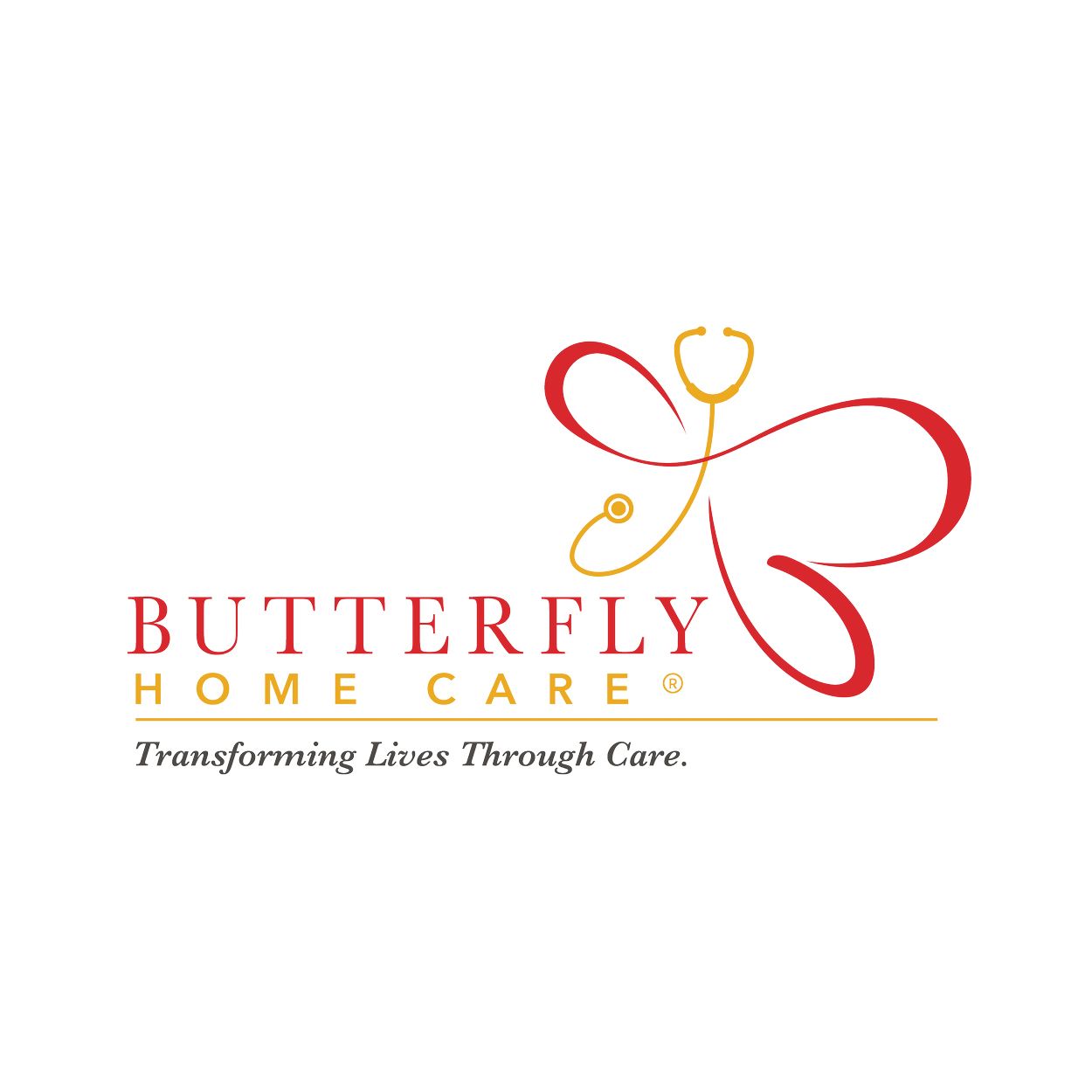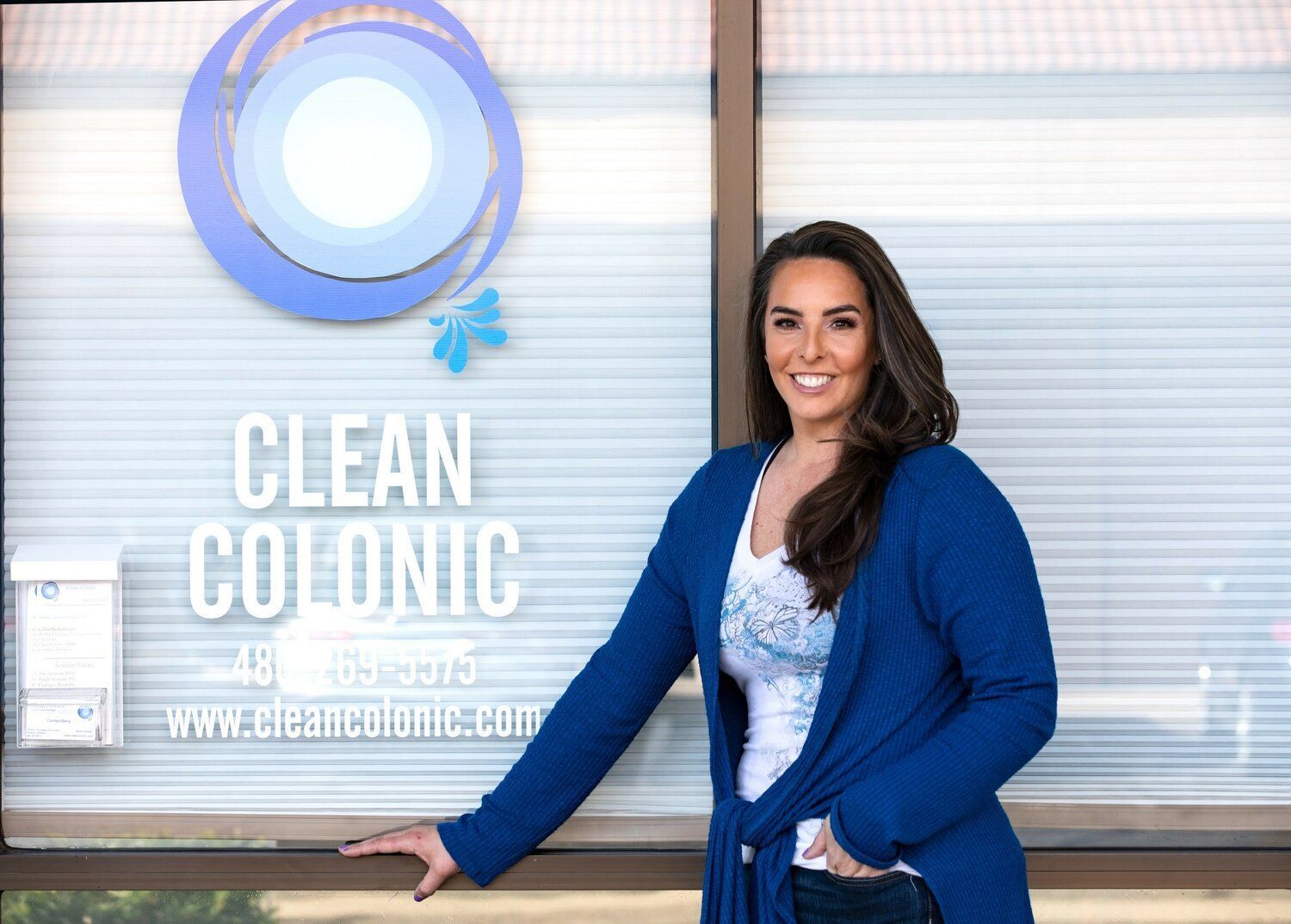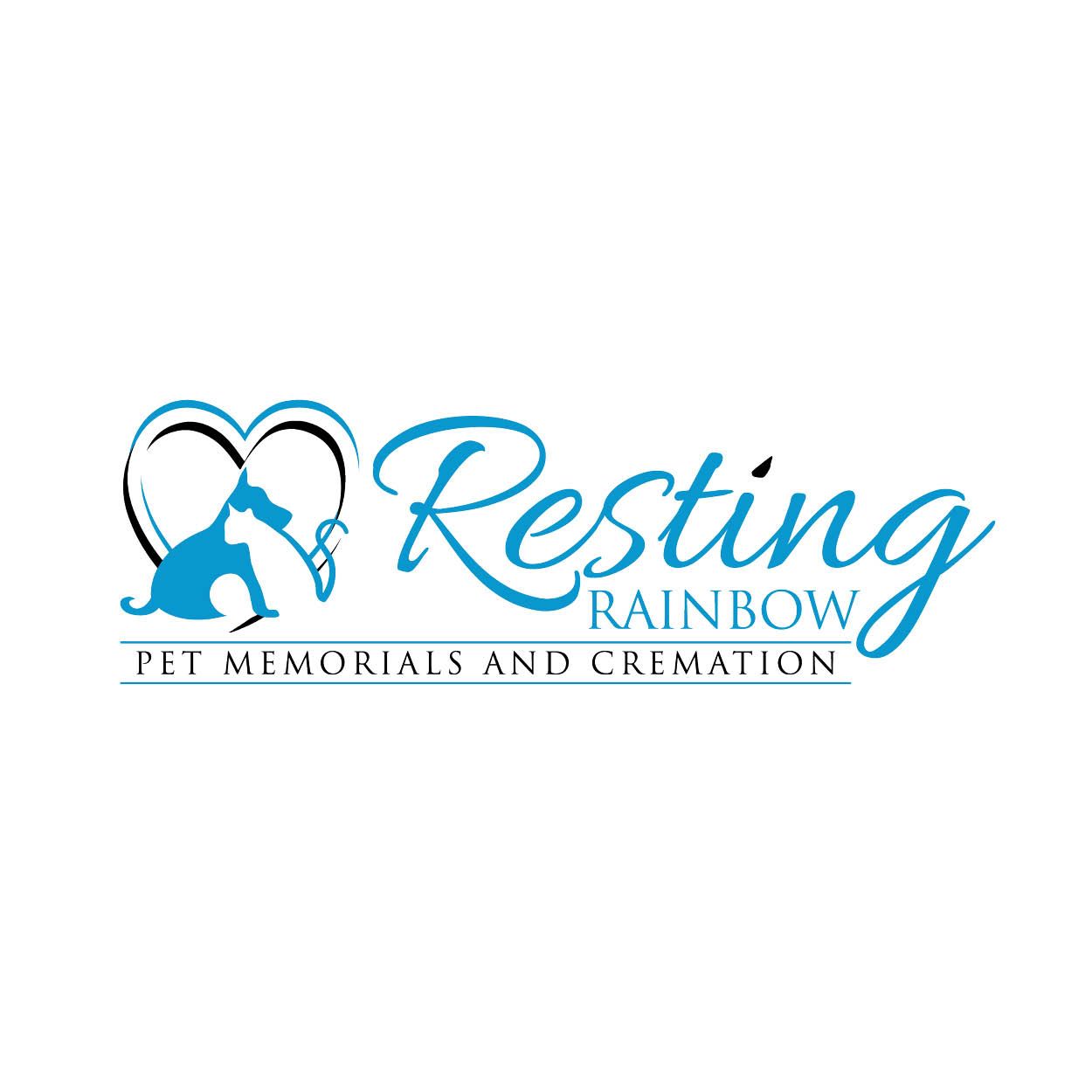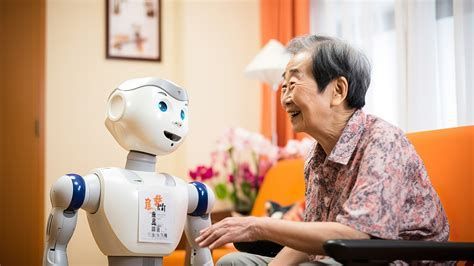The Heart of Resting Rainbow: Stories from Our Franchise Family
As we reflect on the journey of Resting Rainbow, we are filled with heartfelt gratitude. What began as a deeply personal response to the loss of a beloved pet has grown into a national movement—thanks entirely to the compassionate, dedicated people who make up our franchise family.
Each franchisee brings not just professionalism, but genuine empathy to their communities. From Alabama to Texas, New Jersey to Illinois, we’ve watched as Resting Rainbow locations become sanctuaries of healing, comfort, and love. To witness our mission carried forward with such heart has been humbling.
Franchising has given us the privilege of working alongside incredible individuals who treat this work not just as a business, but as a calling. Their commitment to honoring pets as true family members is what makes Resting Rainbow special.
To every franchisee, past, present, and future—thank you. Your work changes lives. You offer comfort during the hardest goodbyes. And you remind the world that love for our pets is deep, enduring, and deserving of dignity.
Resting Rainbow began with a simple idea: to honor the deep, unconditional love we have for our pets with dignity, compassion, and respect—even in their final moments. What started as one family's mission to create a more humane, meaningful way to say goodbye has now become a nationwide movement, thanks to the extraordinary people who carry the vision forward in their communities.
Each Resting Rainbow franchisee is more than a business owner—they are a compassionate caretaker, a listener, and often, a shoulder to cry on. They are individuals who believe that pets are family, and they bring that belief to life in their daily work. Their decision to join Resting Rainbow was much more than to create a profitable large business, it is to be part of the community and to help those in need when beloved pets pass. Here are a few of the heartfelt stories of the men and women who make up the Resting Rainbow family.
Will & Bobbie-Ann Thames – Birmingham, AL
Will and Bobbie-Ann Thames have always shared a deep love for animals, raising everything from rescue dogs to chickens on their small Alabama property. When they discovered Resting Rainbow, it felt like a calling. Now, they provide comfort and closure to other families in Birmingham, helping them celebrate the lives of the pets they love.
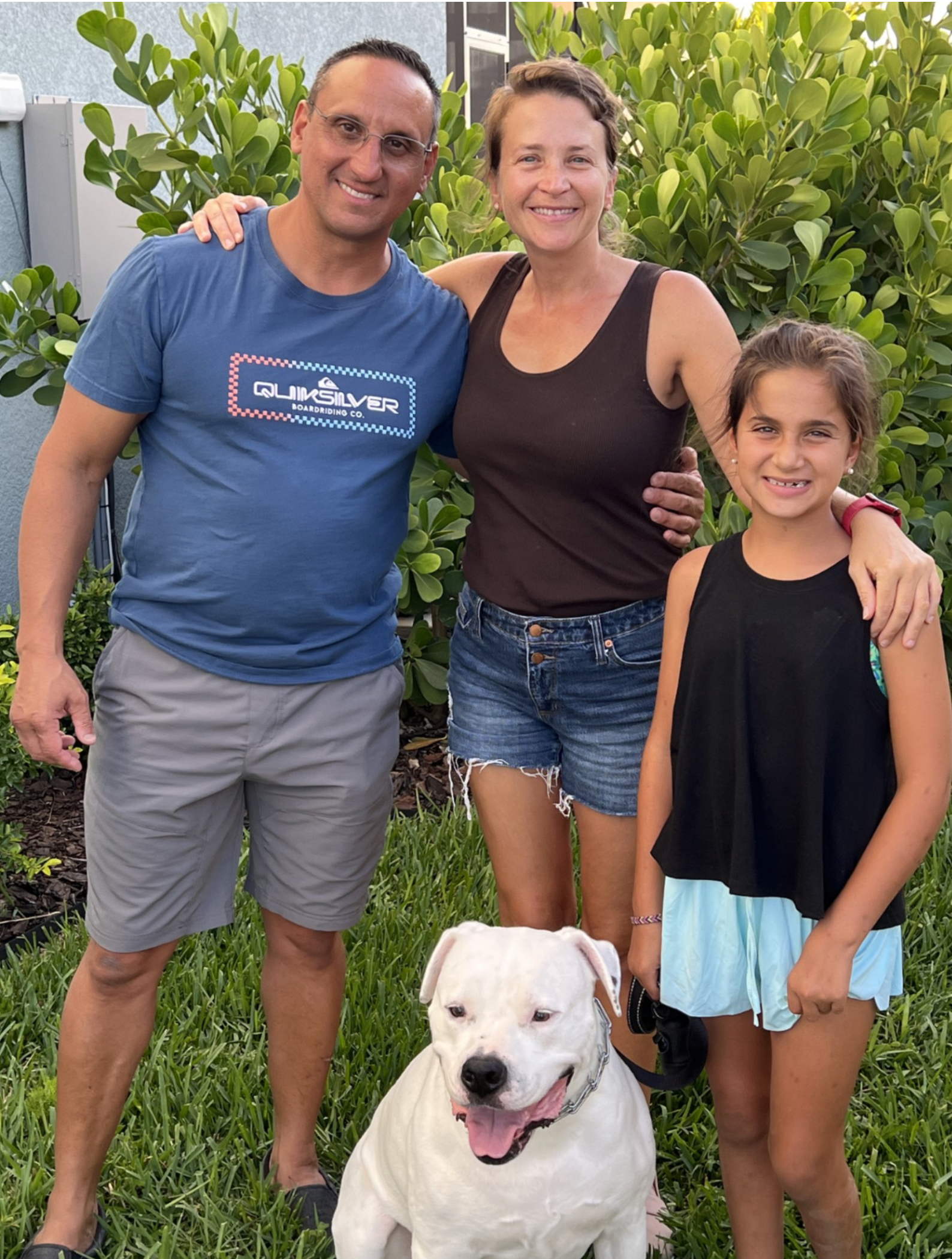
Jason & Shayne Solano – Sarasota, FL
Jason and Shayne’s love for animals drew them towards the Resting Rainbow franchise. Jason has lost several pets and really wanted to make the experience for other pet owners a more compassionate one. Resting Rainbow is a passion project for the Solano family. They love helping others and bringing closure and healing to families going through this unthinkable time. With their warm personalities and unwavering empathy, they have created a safe space for saying goodbye.
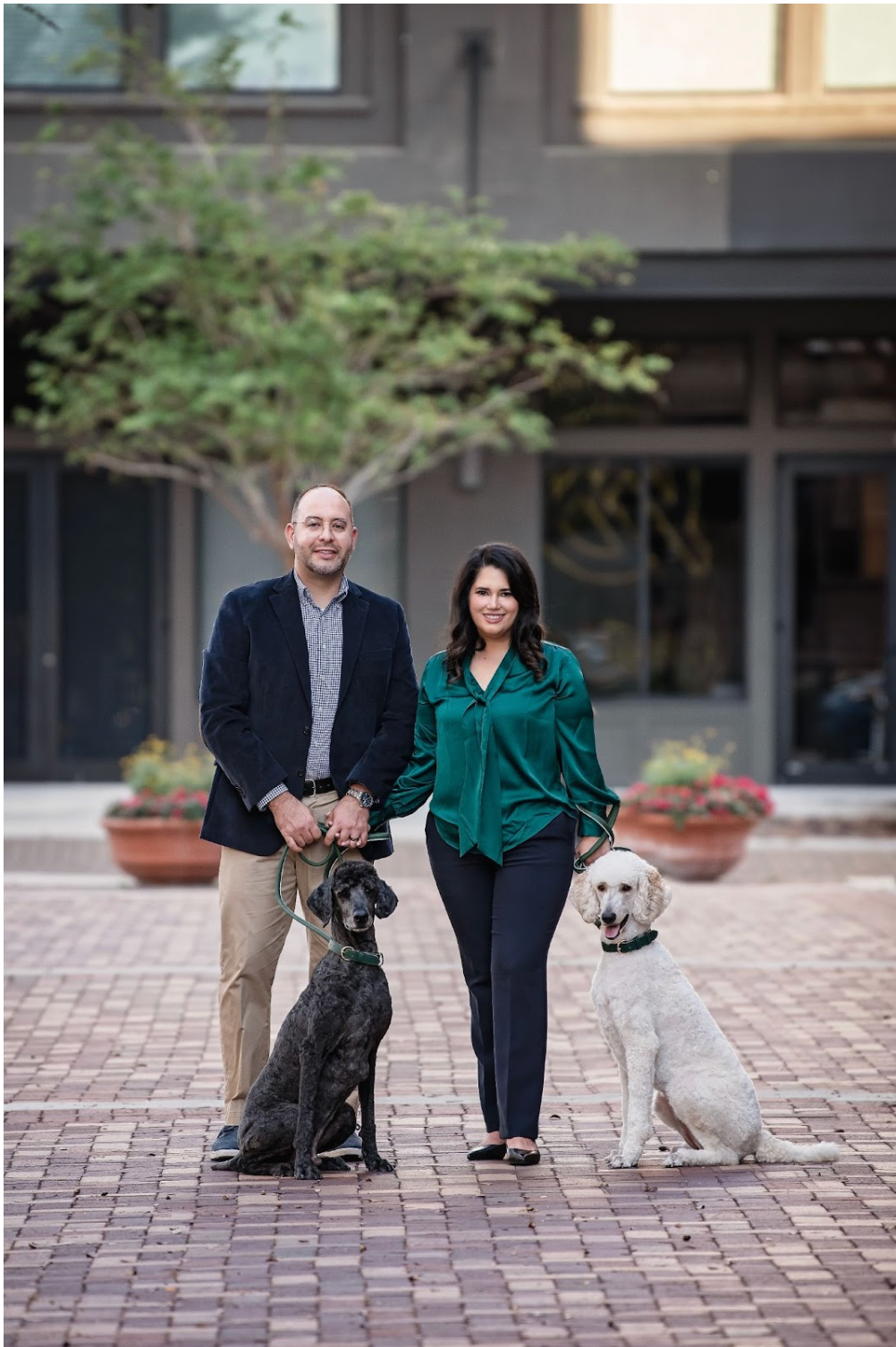
Luis & Meylen Trujillo – Orlando, FL
Luis and Meylen are lifelong animal lovers who turned their passion into purpose. Just like many families out there, our pets are our beloved family members. We love them and can't picture our lives without them. Our journey started a few years back when we lost our two-year old poodle Lucy due to complications related to Addison’s disease. That tough heartbreaking experience showed us how much our community needed proper pet memorial services. Lucy’s memory fuels our passion, and we are thankful for the opportunity to collaborate with Joseph Castranova, CEO of Resting Rainbow Franchise to bring our exceptional service facility to Winter garden and all of greater Orlando.
Our mission? We want to be the go-to, compassionate and trustworthy pet memorial, funeral, and cremation service provider in Greater Orlando. We’re here to offer loving care and respect for your pets during a difficult time of loss, aiming to be a comforting presence and a beacon of light in your moment of darkness.

Kyle & Gina Baker – South Tampa / Brandon, FL
Kyle and Gina Baker have always cherished their relationships with the pets who have joined their family. As their beautiful puggle, Harley, can confirm, pets bring so much happiness, healing powers, and comfort to a home. In their passing, their unconditional love should be celebrated and remembered for a lifetime. The Bakers joined Resting Rainbow knowing its mission of compassion, dignity, and integrity would give families the opportunity to properly mourn the pets who have impacted their lives, and simultaneously, allow families to begin healing. In South Tampa and Brandon, Kyle and Gina are known for their unwavering commitment to providing professional and individualized treatment to all pets and their families.
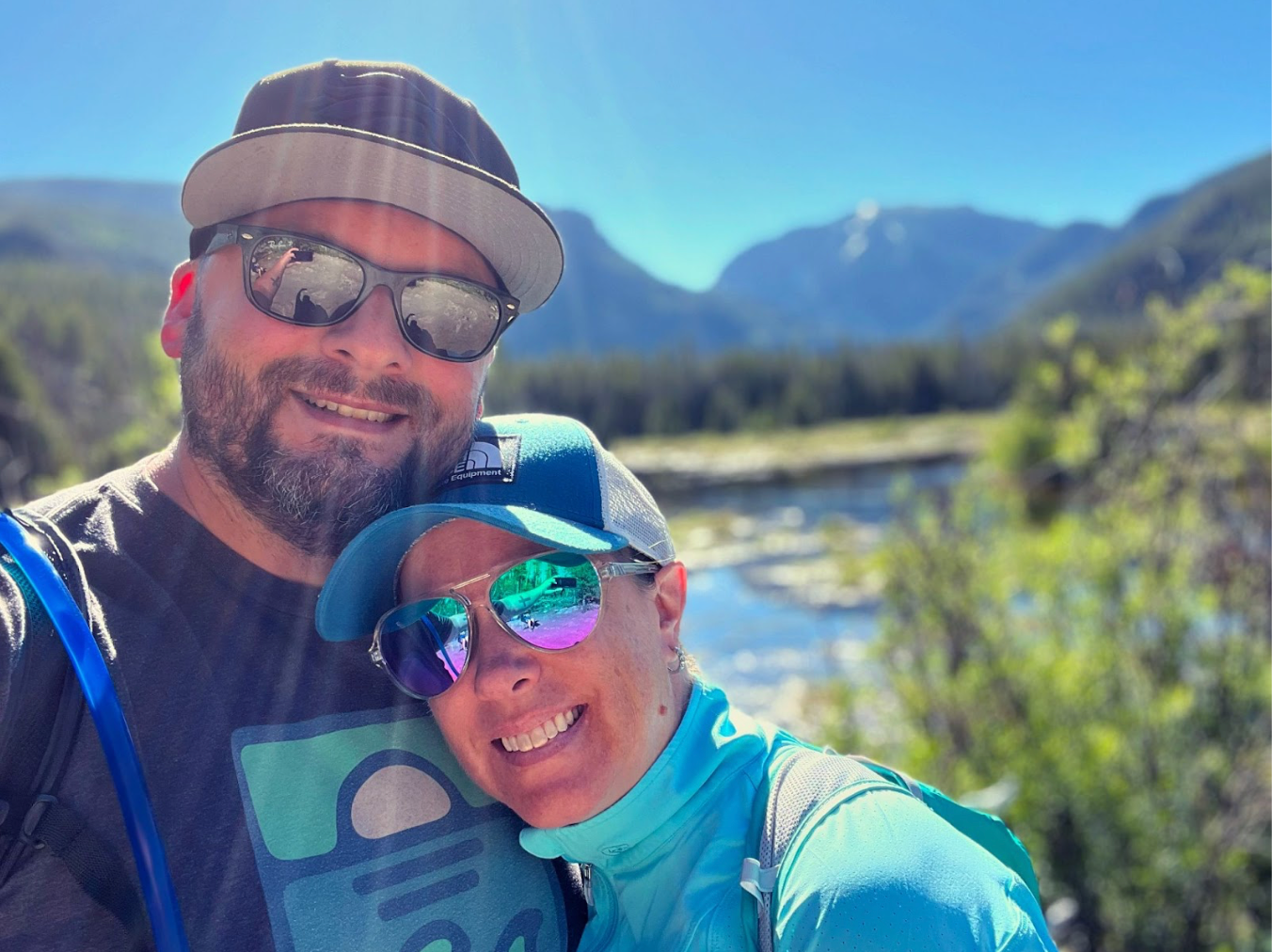
Ben & Heidi Archier – North Atlanta, GA
Ben and Heidi Archer’s deep love for animals inspired them to become franchisees of Resting Rainbow. With a home full of cherished pets, they understand the deep bond between people and their animal companions. Having experienced the loss of two beloved dogs in the recent past (pictured below), partnering with Resting Rainbow became a more and more obvious choice. Their compassion, empathy, and experience drive their commitment to helping others honor and remember their family pets with care and dignity.
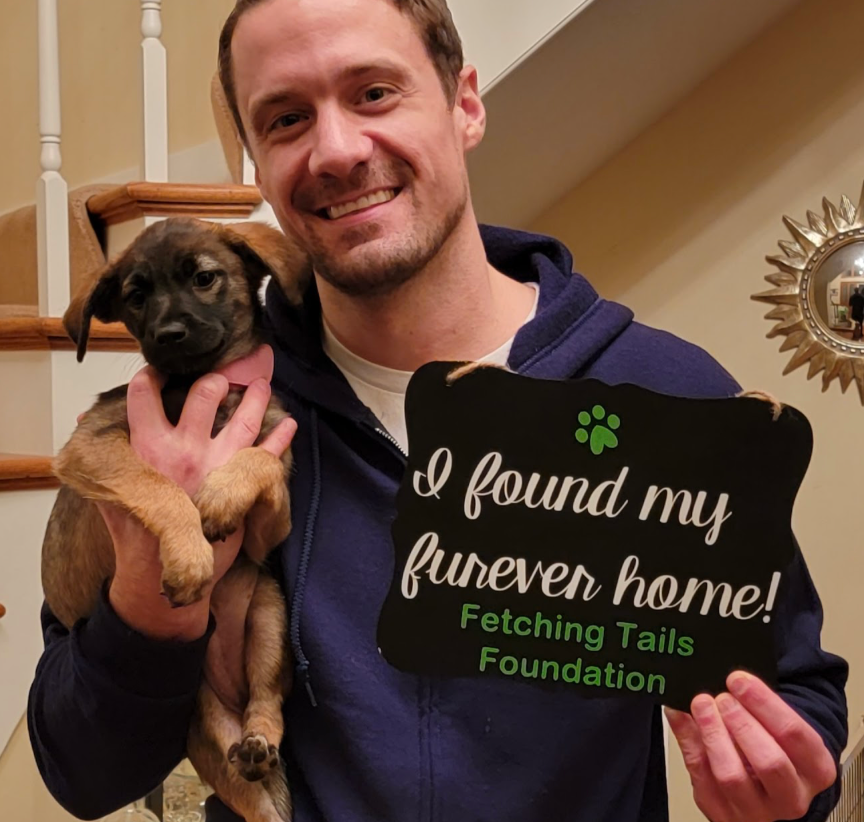
Grant Carlson – North Chicago, IL
Grant grew up in a dog-obsessed family. Every year during their annual family photo at his lake house, it was always fun to count the number of dogs in the photo, which was typically over a dozen. His family is very dedicated to the mission of rescues and often foster dogs in transition to finding a permanent owner.
When his dog Bridget, a beautiful Boston Terrier, passed away from cancer in 2020, Grant experienced the void that so many pet owners feel. Memorializing her enabled Grant to find closure and start the healing process. He now looks forward to having his Mountain Cur, Nova, frequent his North Chicago Resting Rainbow location to offer emotional support for families grieving the loss of their beloved pets.
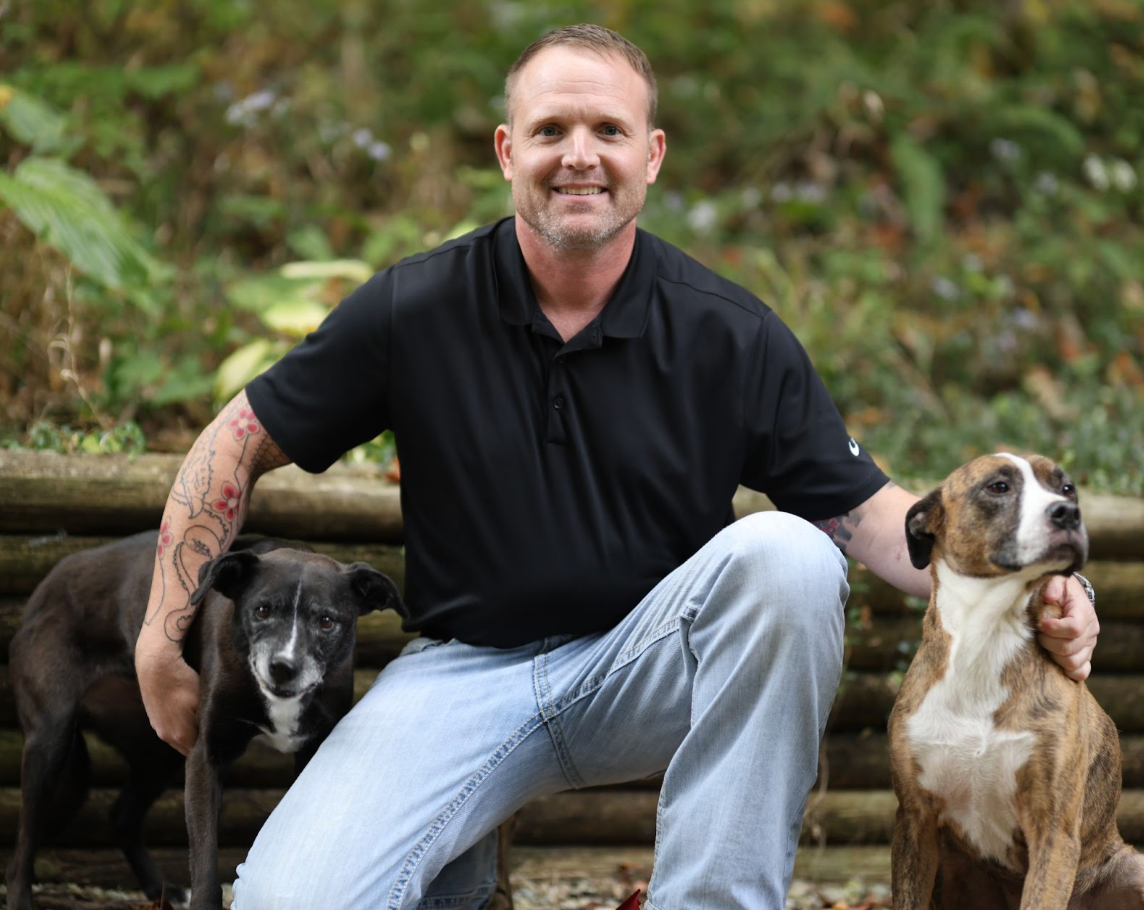
Brian Luce – Columbus, OH
Brian retired from the US Air Force in 2015 and had been searching for a meaningful role in his community when a franchise consultant presented the Resting Rainbow franchise opportunity. The loss of his 14 and 15 year old rescues in 2024 solidified his decision to provide compassionate care and a needed service to pet owners in the Columbus area. He has been busy establishing his Columbus location and is excited about this new adventure.
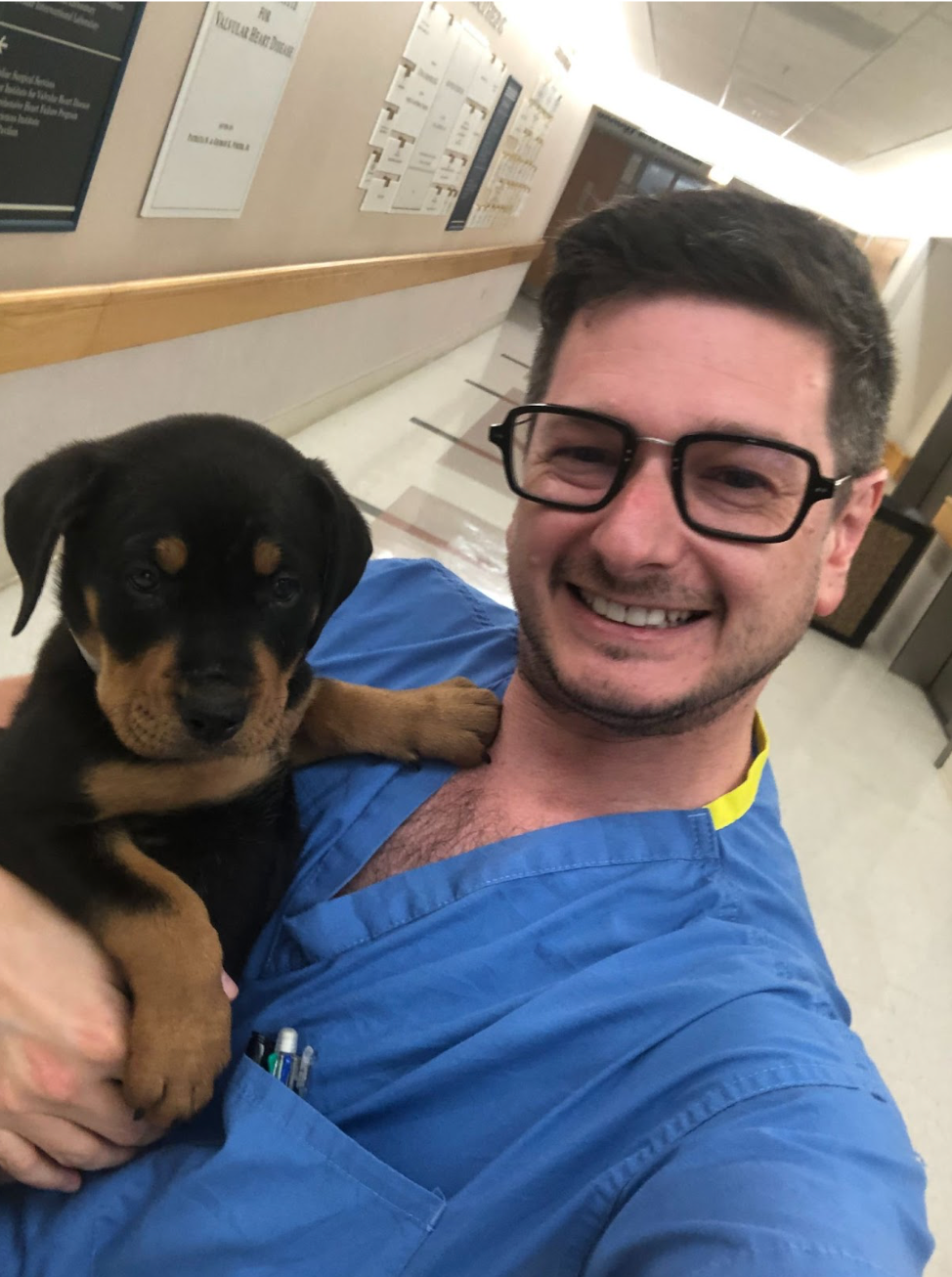
Elana & Richard Slobodien – Philadelphia, PA
Richard and Elana Slobodien, siblings with a shared passion for animals and entrepreneurship, combined their unique professional backgrounds to launch their first pet cremation company within the city limits of Philadelphia. Elana brings expertise in banking and finance, while Richard contributes a background in medicine and surgery. Together, their complementary skills and deep compassion for animals laid the foundation for a business dedicated to serving pet owners throughout the Philadelphia metro area with dignity and care.
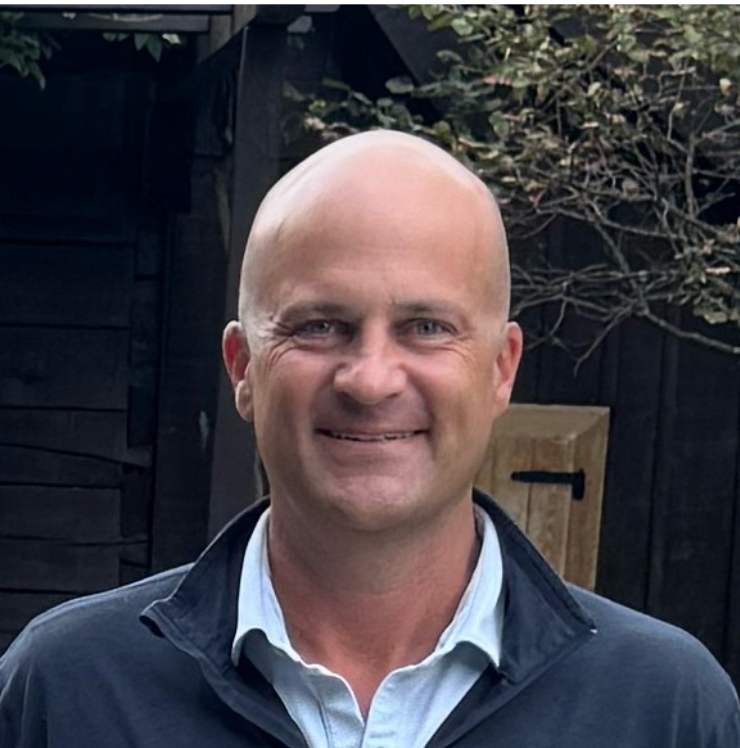
Andy Snelgrove – Houston, TX
Andy is a proud Texan, West Point graduate, military veteran - Apache pilot, and lifelong animal lover. He and his wife, Leslie, are raising their two boys, Sam and Charlie, in Houston. As a multi-brand, multi-unit franchise owner and franchise consultant of nine years, Andy has seen hundreds of pitches—but Resting Rainbow immediately stood out. Drawn to its mission and emotional impact, he quickly invested in the brand. His Houston location combines professionalism with heartfelt compassion, offering a respectful space for pet aftercare rooted in honor, family, and community.
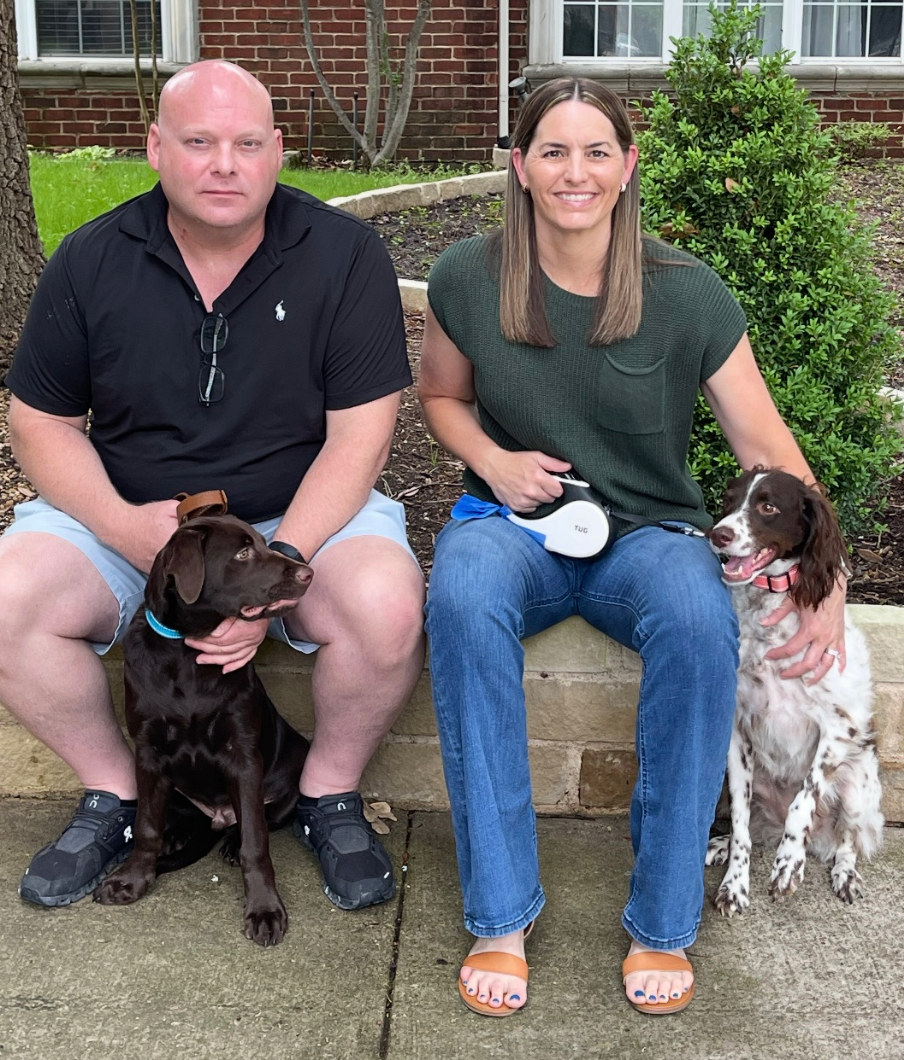
Jon Lock & Missy Heinlen – Dallas, TX
Jon has over 10 years of experience as a franchisee, owning multiple units with three major franchise brands. He started his career in finance, bringing a sharp analytical and strategic approach to business. His passion for entrepreneurship led him to franchising, where he has successfully built and managed multiple top-performing locations. Jon is known for his strong leadership, operational skills, and dedication to brand quality.
Missy combines a background in education and marketing to bring fresh energy to the franchise world, joining her brother Jon in Resting Rainbow. She spent over 15 years in education and 5 years in marketing, developing strong skills in communication, leadership, and customer engagement. Missy is focused on creating community-driven businesses that offer great service and lasting impact.
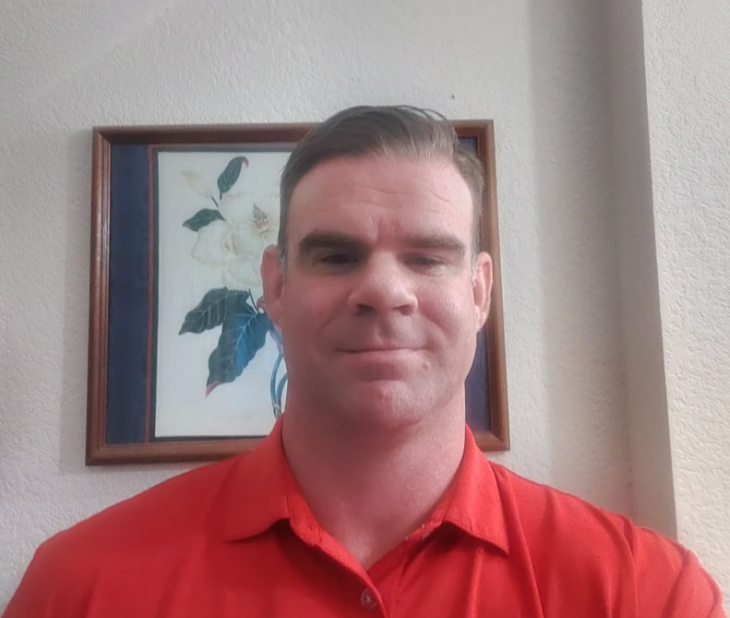
Jason Taylor Austin, TX
Married for 18 years with 2 children and a diverse background that includes DoD contractor and corporate management, I have found that I need to serve others. My lifelong belief in doing good for others will ensure good things happen to you has shown itself to be true over and over This is what set me out to find something outside of corporate and Resting Rainbow is where I felt I could make a significant impact on the communities we serve. Our model is unique in an industry with a huge growth potential that is focused on getting people through a very traumatic experience with compassion. It is more than a business, it is a calling.
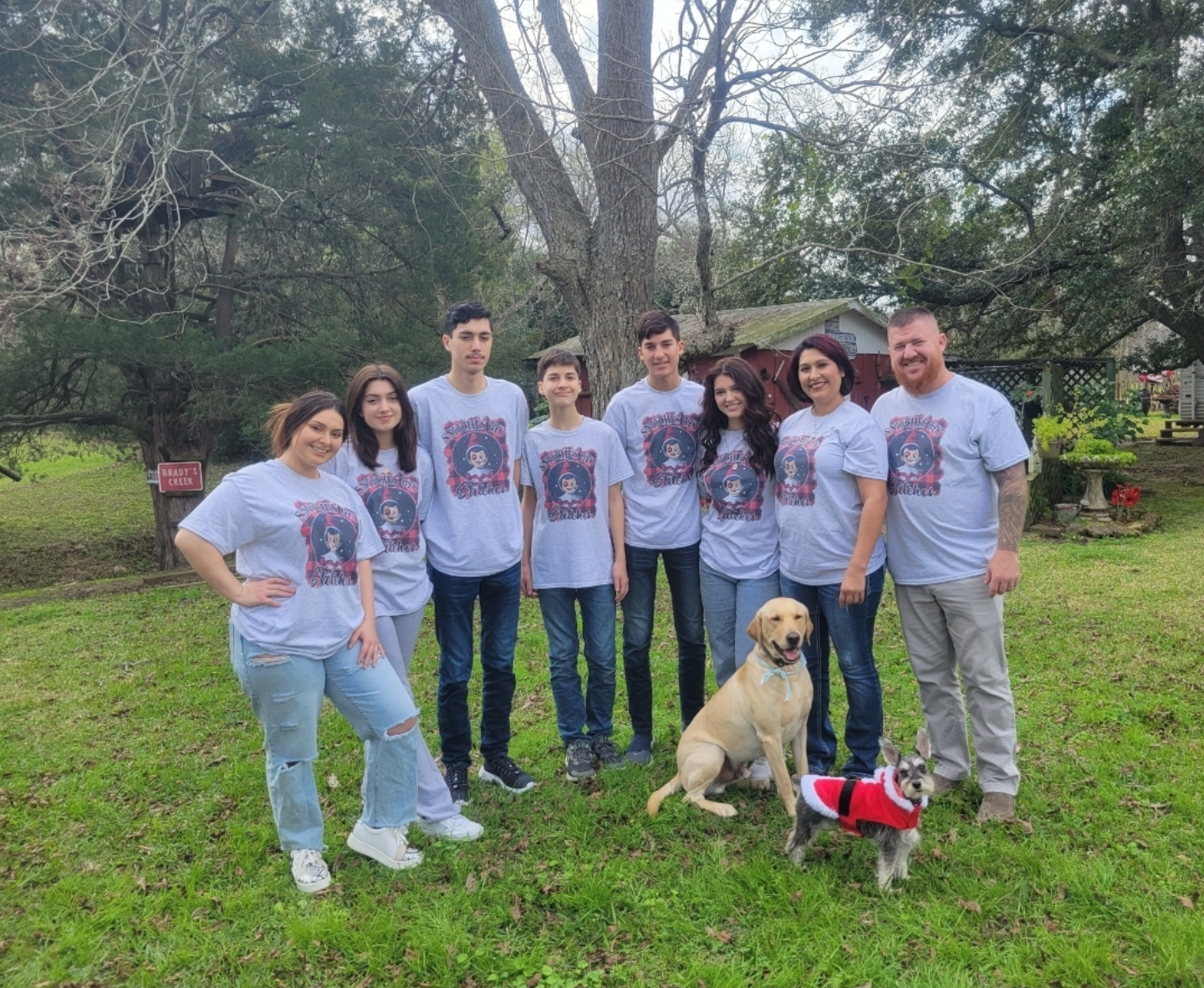
Zack Jolly - Austin TX
Marine Corps veteran, retired police officer, proud husband to Ericha (we’ve been married 25 years and she still laughs at my jokes), and dad to six amazing kids: Rajah, Kyra, Cadin, Holly, Hunter, and Trooper. Our household is also managed by two dogs—Gunner, our loyal Lab, and Ollie, a miniature Schnauzer with a big personality. After decades of public service, I wanted to continue making a meaningful impact—and that’s what led me to Resting Rainbow. As the Austin-area franchisee, I’m honored to help families through one of the toughest parts of pet ownership: saying goodbye. I know firsthand how much pets mean to a family (ours basically run the house), and I believe every furry friend deserves a compassionate and dignified farewell.
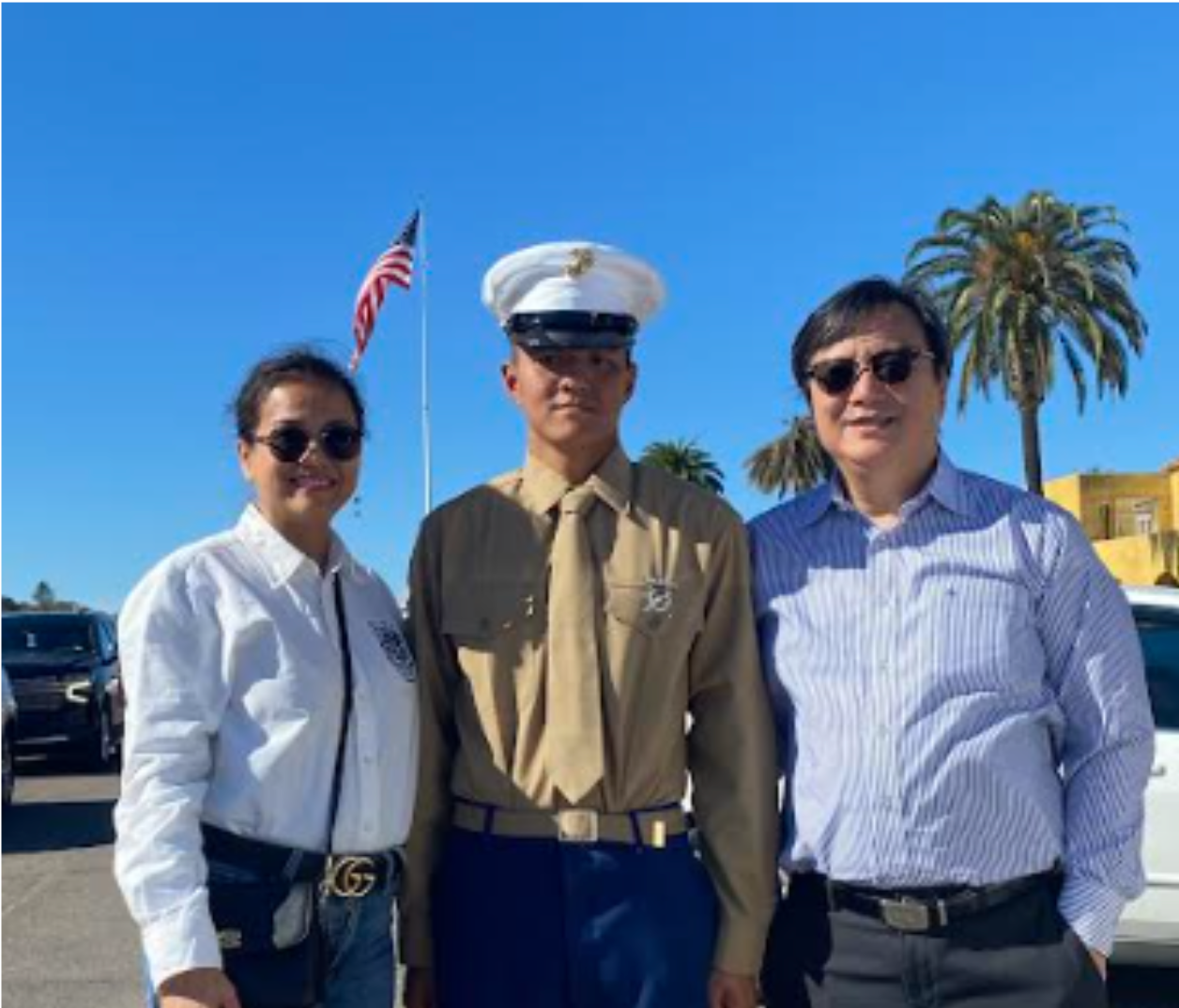
Thomas Khien – East Dallas, TX
Thomas Khien, came to the U.S. in 1979 as a war refugee from Cambodia. His family settled in California and he attended El Monte High and later earned a finance degree from Cal Poly Pomona. His career took him around the world and upon returning to the U.S.he explored franchising. Inspired by Resting Rainbow’s compassionate mission, Thomas chose to join, believing in both the business and the people behind it. “Losing a pet is never easy, so, when a pet passes, familes need a place to mourn, and Resting Rainbow not only provides a respectful and dignified farewell but also supports families with empathy and care throughout the process. Their commitment to honoring pets with grace and sincerity is truly comforting, making a difficult time just a little bit easier.” says Thomas.
These stories are the heartbeat of Resting Rainbow. Each franchisee brings not only skill, but also soul. Together, they’re creating something extraordinary: a national network of pet lovers helping families say goodbye with love, grace, and dignity. That’s what Resting Rainbow is all about.
To Learn more about Resting Rainbow, reach out to joseph@restingrainbow.com.




